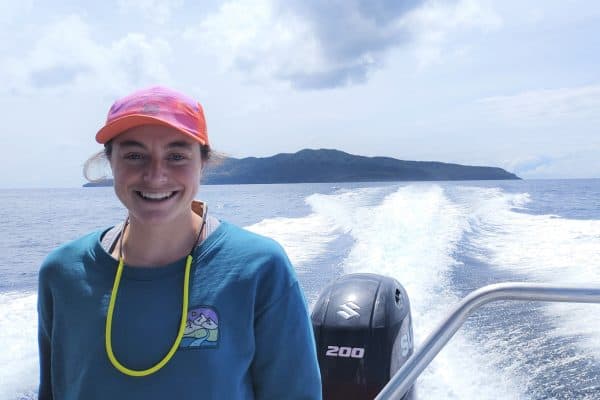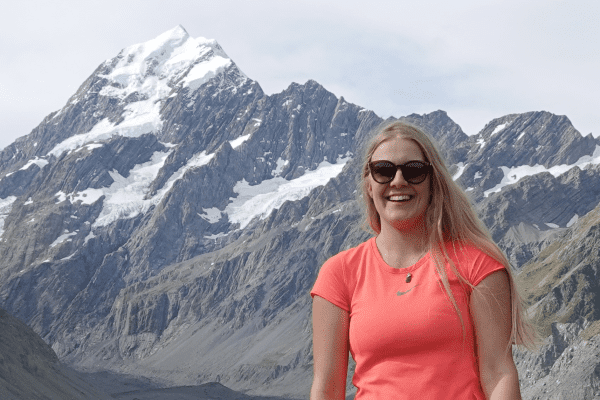Empirical essays on the impacts of climate hazards on households’ well-being and firms’ financial performance: Evidence from New Zealand and Colombia
Hey there! I’m Cristhian, originally from the vibrant city of Bogotá, Colombia. I’ve got a Bachelor’s and Master’s degree in Economics, with a special emphasis in Econometrics. Yep, I’m all about crunching numbers and unraveling economic mysteries!
Now, let me tell you how I stumbled upon my exciting project. You see, I was knee-deep in the world of taxes, completely focused on that aspect of Economics. But then my supervisor, Ilan Noy, presented me with an intriguing opportunity. He offered me the chance to delve into the fascinating field of the Economics of Disasters and Climate Change.
I have to admit, it was a whole new world for me, venturing into uncharted territory. But hey, life is all about taking risks, right? So, I gathered my courage, grabbed that opportunity with both hands, and dived headfirst into the realm of disasters and climate change. And you know what? I haven’t looked back since. Working on this project has been an eye-opening experience. I’ve discovered the intricate connections between economic factors and the ever-changing climate landscape. It’s like solving a giant puzzle where every piece I fit brings me closer to understanding the bigger picture.
What I love about this newfound passion is how it combines my analytical skills with a sense of purpose. I get to contribute to addressing crucial issues that affect our planet and its inhabitants. It’s fulfilling, challenging, and downright exciting.
So, there you have it—a bit about me and how I found my way to this incredible project. Life’s full of surprises, and sometimes the unexpected paths lead us to the most rewarding adventures. I’m grateful for taking that leap and embracing the world of Economics of Disasters and Climate Change. It’s been one wild ride, and I can’t wait to see where it takes me next!
My Project
In my PhD journey at Te Herenga Waka Victoria University of Wellington, I’m exploring the impacts of climate hazards and disasters on both households and firms. I’m digging into the nitty-gritty of how these factors affect people’s well-being and the financial performance of businesses.
One of my chapters focuses on the effects of rising temperatures on the consumption patterns of rural households in Colombia. In another exciting project, I’m investigating the impact of COVID-19 lockdowns on the labor market of New Zealand. I’m approaching it from a supply perspective, examining how the restrictions have affected job opportunities and the overall work scenario. And last but not least, I’m exploring the intriguing relationship between floods and the financial profitability of firms in New Zealand. Particularly during a cyclone event, I’m examining how these natural hazards impact the bottom line of businesses. It’s essential to assess the economic repercussions and find strategies to build resilience in the face of such challenges.
Next Steps
So far, my findings have revealed the immense impact of rising temperatures on the subsistence of rural families on Colombia. As for New Zealand, I’m still in the midst of analyzing the effects of floods and COVID-19. It’s a work in progress, and I’m excited to uncover more insights in the coming months.
This project has allowed me to combine my passion for economics with the urgent need to address the consequences of climate change and disasters. It’s an adventure that’s both intellectually stimulating and socially impactful.
My current research connects directly to the objective of the Resilience Challenge, as it aims to bring together physical hazards and social science to develop policy recommendations and tools that reduce the social and economic impacts of future natural hazard events. By studying the economic implications of climate hazards, such as rising temperatures and floods, and their effects on households and firms, my research aligns perfectly with this objective. I’m dedicated to bridging the gap between scientific understanding and actionable policies that enhance resilience.




